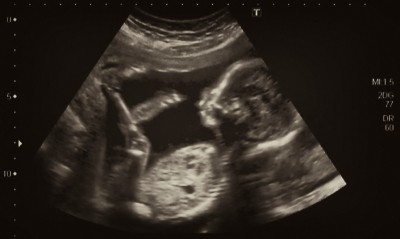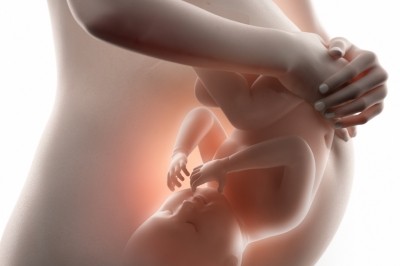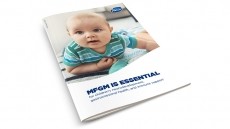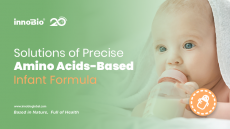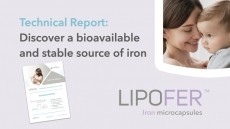Maternal diet linked to risk of heart abnormalities at birth

The study, published in the Archives of Disease in Childhood (Fetal & Neonatal Edition), quizzed around 19,000 women about the quantity and quality of their diet in the year leading up to their pregnancy - finding that better maternal diet scores were linked to a lower risk of heart abnormalities in babies at birth.
Led by Dr Lorenzo Botto from the University of Utah, the research team revealed that better diet was associated with a reduced risk for some conotruncal and atrial septal heart defects – including a 37% lower risk of tetralogy of Fallot and a 23% lower risk of atrial septal defects.
“This finding suggests that a reduction in certain cardiac malformations may be an additional benefit of improved maternal diet quality, reinforcing current preconception care recommendations,” wrote the team.
The team noted that while the findings from their data are observational – meaning no definitive conclusions about cause and effect can be drawn - similar associations have been found for diet before pregnancy and some other birth defects, including cleft palate and neural tube defects.
Study details
Botto and his colleagues analysed the diets of 9,468 mothers of babies with major non-syndromic congenital heart defects and 9,468 mothers with unaffected babies between 1997 and 2009 as part of the National Birth Defects Prevention Study.
Diet quality was assessed, using two validated scoring systems: the Mediterranean Diet Score; and the Diet Quality Index for Pregnancy (DQI-P).
The team found that mums in the top 25% (quartile) of diet quality, as assessed by the DQI-P, had a significantly lower risk of having a baby with certain heart defects than those in the bottom 25%.
Indeed, the team found that those in the top quarter for diet scores had a 24% reduced risk of conotruncal defects, with a 37% risk reduction for tetralogy of Fallot.
For septal defects, a 23% reduced risk of atrial septal defects was identified, while overall risk of septal defect was found to be reduced by 14%.
The team concluded that a reduced risk of some congenital heart defects may be an added bonus of eating a healthier diet before pregnancy, which reinforces current dietary recommendations for women wanting to get pregnant.
Source: Archives of Disease in Childhood (Fetal & Neonatal Edition)
Published online ahead of print, doi: 10.1136/archdischild-2014-308013
“Lower rate of selected congenital heart defects with better maternal diet quality: a population-based study”
Authors: Lorenzo D Botto, et al
